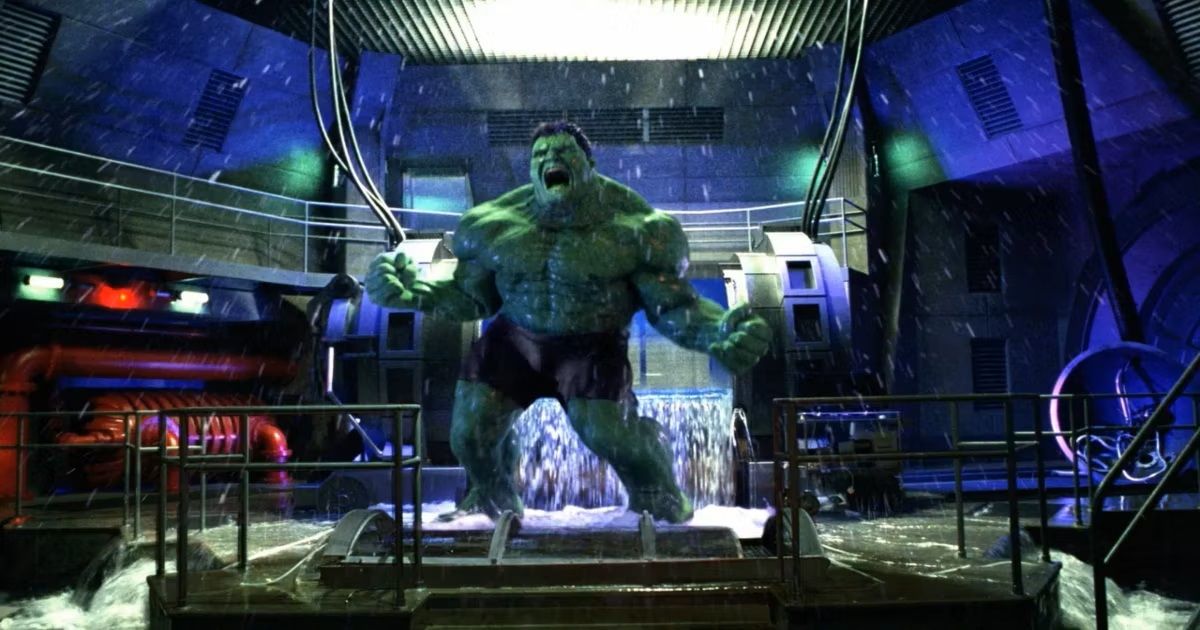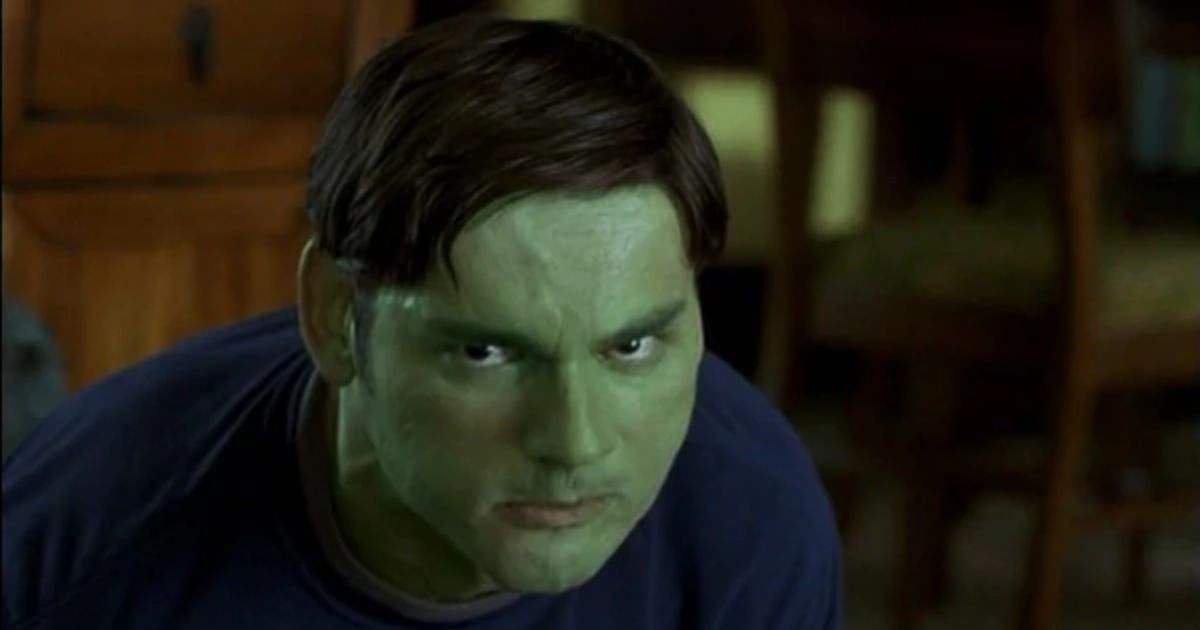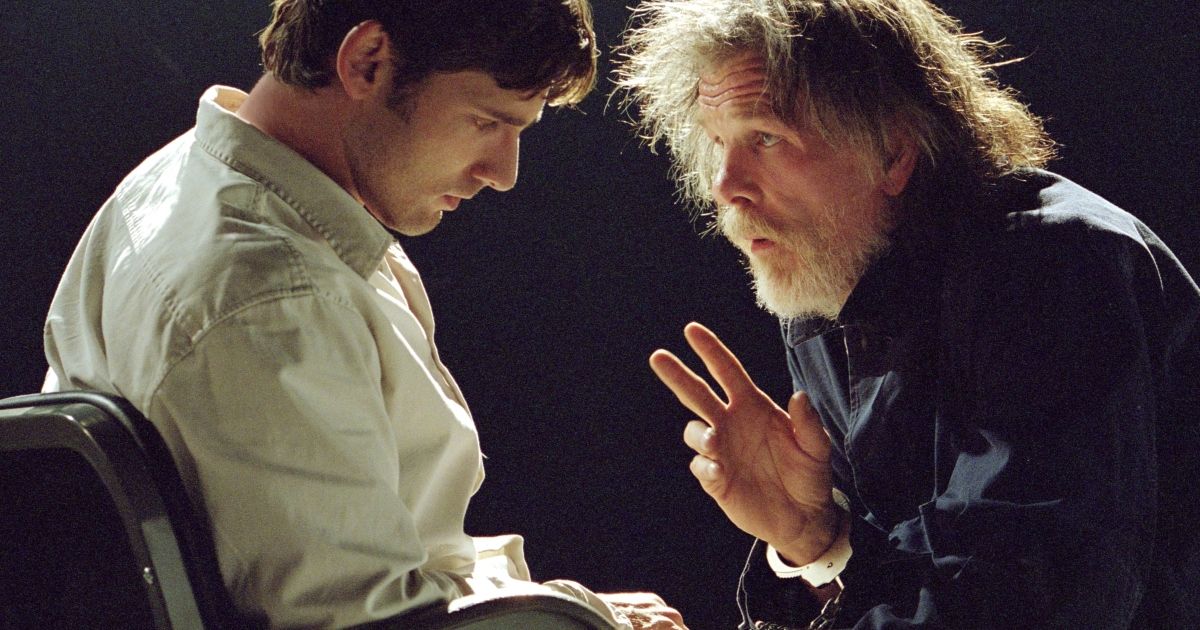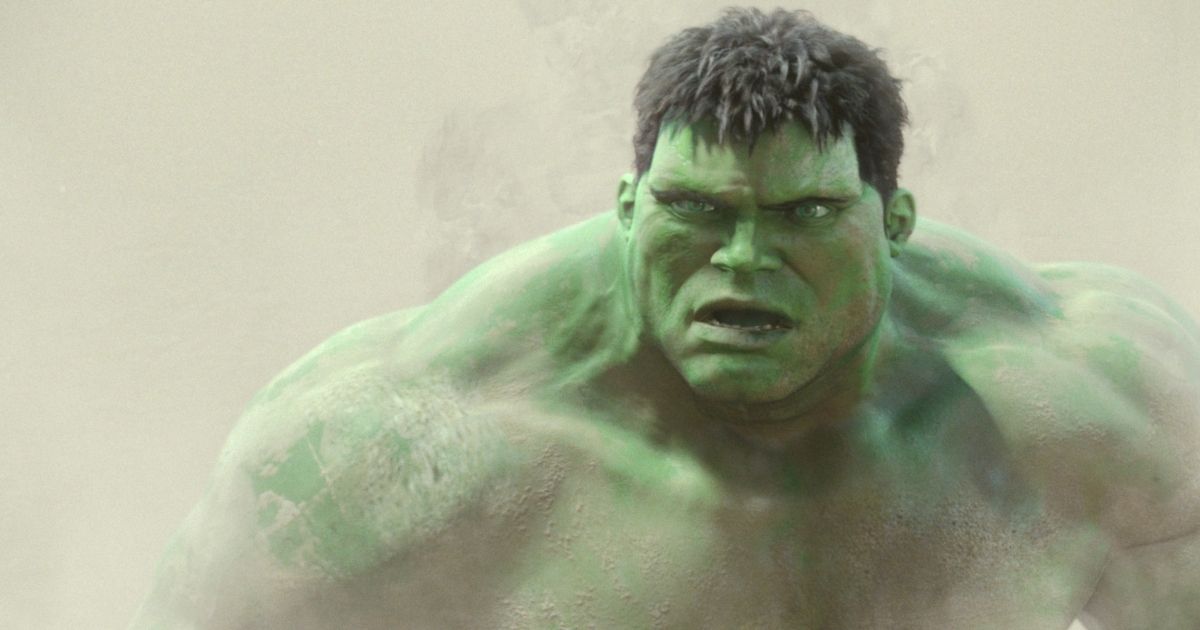The Incredible Hulk has been a notoriously difficult character to bring to life on-screen, despite being one of Marvel Comics’ most popular superheroes. While there were several successful animated shows and the infamous live-action series starring Lou Ferrigno, making a film about Bruce Banner and his alternate identity proved to be a greater challenge. The reason why was self-explanatory; an audience needed to be equally invested in the scenes with Banner as they were when he “Hulked out.” The action sequences required an extensive level of immersive visual effects so that the viewer would feel emotionally attached to the Hulk. Even the Marvel Cinematic Universe, which has generally been successful, delivered one of the more divisive entries with 2008’s The Incredible Hulk; the lingering disputes surrounding the film led to Edward Norton being replaced in the role of Banner with Mark Ruffalo in The Avengers.
However, The Incredible Hulk was not the first time that Banner’s story was brought to the big screen. In 2003, arthouse director Ang Lee created an immersive origin story titled Hulk that starred Eric Bana as the titular character. Lee was certainly an odd choice to helm a major comic book property; he was previously best known for his sincere dramas, such as Sense & Sensibility, The Ice Storm, and Crouching Tiger, Hidden Dragon. While it wasn’t a success at the time of its release, Hulk stands as one of the most fascinating and inspiring comic book movies of the last two decades.
Stylized and Dynamic Filmmaking
In recent years, comic book movies have been accused of having largely similar visual designs that don’t require a lot of input from their directors; when storylines and action sequences are conceived before a director is attached to a project, they feel less personal. This certainly was not the case with the early wave of modern superhero movies in the 21st Century, as they tended to attract auteur filmmakers who brought their own unique aesthetics. Lee added a visual splendor to Hulk that emulated the character’s comic book origins; the cutting between scenes framed like comic book panels showed Lee’s reverence for the source material.
Additionally, the design of the Hulk was similar to the classic Universal Monster Movies franchise, which was the perfect thematic bridge to the ideas Lee was dissecting. Banner views himself as a monster who is cursed by his powers, and his lack of control over his alternate personality can be compared to the classic story of Dr. Jekyll and Mr. Hyde. While these themes are more intellectual, the action sequences represent the best of pop art cinema. They are bold, colorful, and expressive; while The Incredible Hulk mainly set its action in shadowy backgrounds, Hulk was bursting with energy like the original cartoon series.
Mature Interpersonal Drama
One of the reasons that Lee is among the best directors of his generation is that he treats every story he’s bringing to life with the same level of nuance; whether it’s a Jane Austen adaptation like Sense and Sensibility, a popular bestseller like Life of Pi, a wild action romp like Gemini Man, or even a tribute to classic wuxia films like Crouching Tiger, Hidden Dragon, Lee attempts to deconstruct what drives his characters’ motivations. Essentially, Hulk is a story of fathers and sons. Bruce’s difficult relationship with his unstable father David (Nick Nolte) results in a more emotional hero and villain story. David feels guilty about the death of his wife, yet Bruce feels that he was neglected as a child. Both men view themselves as “monsters,” and ironically, they both gain powers and are forced to face off.
Similarly, Betty Ross (Jennifer Connelly) has vastly different ethics than her father, General “Thunderbolt” Ross (Sam Elliot). While the romance between Betty and Bruce was one of the weaker elements of The Incredible Hulk, the chemistry between Bana and Connelly is much stronger in Hulk. Despite being best known for her more serious roles, Connelly said that it was Lee’s metatextual understanding of the comic book source material that drew her to the project. She joined the project after she heard Lee “talking about using a heightened format to get at something really profound that is otherwise more difficult to access.”
It was also impressive to see the level of political commentary that Lee was able to incorporate into the film without ever detracting from the excitement of the Hulk story. General Ross’ extreme measures of militarization and secluded experiments was an eerie parallel to the controversies in the Middle East at the time of the film’s initial release. To his credit, Elliot did not play Ross as a campy character, which made it even more exciting to see Bruce and Betty stand against him.
Less Emphasis on Franchise Building
Unlike most modern comic book movies, Hulk does not end with a post-credit teaser sequence or obvious setup for a sequel; it feels like a distinctly standalone story in its own right, and that lack of cynicism is refreshing. It’s too often that films are planned so far in advance that release dates are set for sequels before the first film is even released. Hulk was simply trying to tell an origin story, and it didn’t have to worry about fitting into a connected universe. Comparatively, The Incredible Hulk was weighed down by its obligations to connect to the “Avengers Initiative” in order to fit within Phase One of the MCU.
Despite not making any direct promises of a follow-up, Hulk was intended to be the first of a new franchise for Universal Pictures. Hulk screenwriter James Schamus said that Hulk 2 “was on like a Native American reservation, and it was all about radioactivity, and it was really political and like, that would have been awesome" (via CinemaBlend). However, the sequel ultimately didn’t move forward, and in the years since Ruffalo’s Hulk has yet to star in a standalone project in the MCU, as he’s now mostly treated as a supporting character in projects like Thor: Ragnarok and She-Hulk: Attorney at Law. While it's disappointing that Lee never got to make his Hulk sequel, he instead ended up directing Brokeback Mountain, which earned him an Academy Award for Best Director and has been heralded as one of the best films of the 21st Century.




